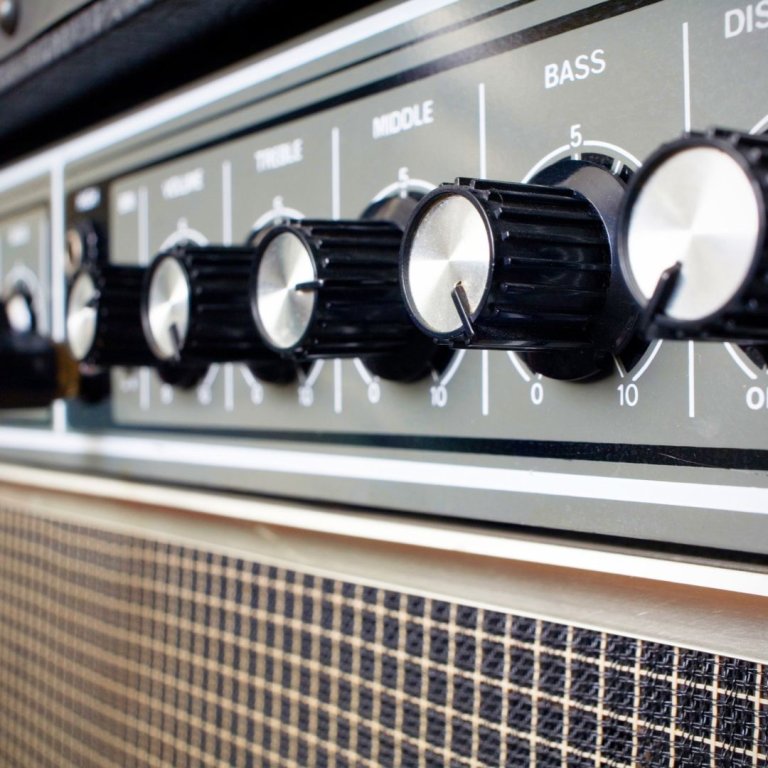How to protect your hearing at festivals?
So, you’ve heard about the risks you can face by not looking after your hearing at live events, but what can be done? Well, here are our five top tips to put you on the right track!
1. Wear hearing protection
Hearing protection, such as ear plugs, will help limit the volume levels you are exposed to while still allowing you to enjoy listening to music. Some modern hearing protection can even reduce volume levels by over 20 decibels, which can make the music experience much more comfortable, especially for those who are sensitive to loud sounds. Ear plugs are an affordable and easily accessible solution for regular event goers, and are even reusable, as the material used can often be manually cleaned and disinfected.
If you would like to find out more about hearing protection, including how to get custom ear plugs ready for festival season, book an appointment today.
2. Take regular breaks
Large music events, like Glastonbury, often have an average volume level of around 100 decibels, which can certainly cause fans to leave with a ringing in their ears for a day or two. Moving away from the main stage for a short break will give your ears time to rest and will help limit your exposure to such high levels of noise. (Plus leaving a set for a little break normally means you can beat the queues for the toilets!)
3. Location, location, location
Whether you are at an outdoor festival or a stadium concert, where you sit or stand can play a big part in protecting your hearing. When arriving at your event, take a look around and see where the speakers and amplifiers are located so you can avoid standing or sitting near them. Speakers and amplifiers are designed to maximise volume levels, so being within 10 feet of one could greatly increase the risk of noise-induced hearing loss.
4. Less is more
For the regular gig-goers among us, frequent sound exposure in loud venues will reduce the time your ears have to recover. As the level of exposure increases, so will the rate of hearing loss. Taking care of your hearing in between events, such as lowering the volume of the TV or radio when listening through earphones, or reducing time spent in busy and loud environments, will help reduce the risk of damage at your next music event.
5. Be aware of symptoms
If you are experiencing a constant ringing in your ears that hasn’t eased after a few days, a continuous earache, or a noticeable change in hearing after an event, it’s important to address this promptly and speak to a professional. One of our audiologists will be able to help guide you through treatment options or simply provide some advice or reassurance.


